Would Andhra Pradesh understand that democracy is more than elections?
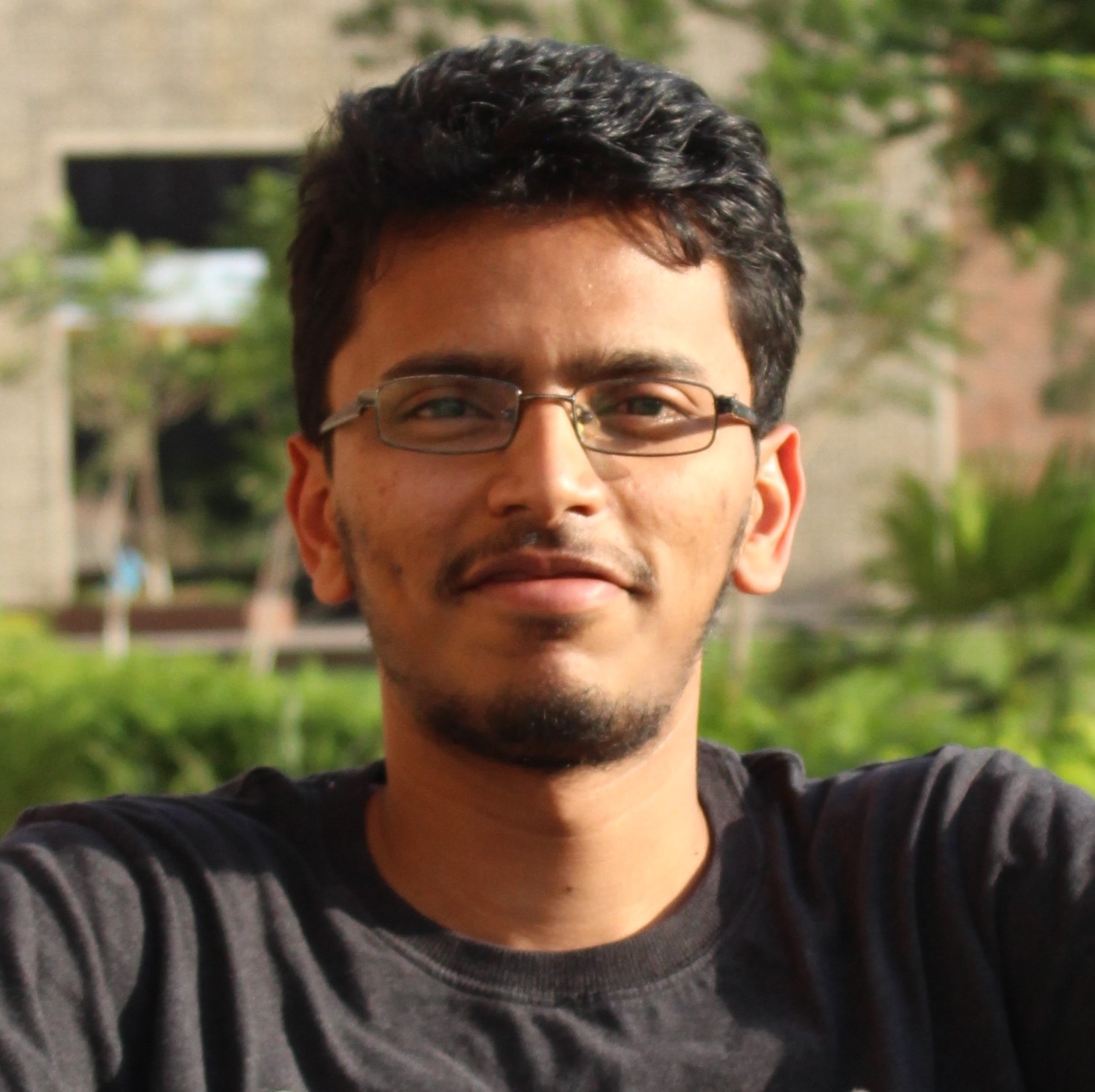
Srinath Rao is the Founding Editor of The ArmChair Journal, with experience working in political and public sector consulting.

Democracy is about people’s rule. It is a system that is designed so that people can actually rule themselves. With the ideals of ‘individualism’ and ‘reason’ arising out of European Enlightenment, the system that the western thinkers of the time conceptualized was to see if they could detach God and religion as the governing authority and keep the individual at the center of exercising authority. Developments in science that defied commonly accepted notions, like the discoveries of Galileo, added fuel to the belief that the notions held till then were not beyond doubt. One shall not accept any non-self-imposed authority over oneself. The individual is to be treated as autonomous and capable of making decisions for oneself.
With western imperialism and exploitation, ideas of democracy also became part of the ethos of countries that were colonized. While the Indian society might have seen democracy in ancient times in its Buddhist origins, it did not constitute the dominant force driving Hinduism.
In modern times, a definition that appears to capture the essence of democracy is ascribed to the popular president of the United States of America, Abraham Lincoln: ‘Democracy is the rule of the people, by the people, and for the people.’ However, if one mistakes the sound-bite for definition, the institutions that are designed to make democracy functional are undermined.
A notorious leader like Adolf Hitler getting elected through democratic means and processes is testimony to the fact that the mere method of electing leaders does not convert to reading affairs in the society as democratic. Hitler committed ‘Crimes against Humanity’ in the name of wielding democratic power.
Once elected, popular leaders are constrained by democratic institutions. What empowers them when not in power, places a check on the whimsical exercise of power when one takes the oath of office. What facilitates one to exercise one’s autonomy also places a check on one’s power to undermine others’ autonomy. Many European nations are not even as large as Indian states. The current state of affairs in the state of Andhra Pradesh also deserves democratic scrutiny.
Representative democracies are designed as it is not logistically possible to conduct referenda on every issue. In other words, direct democracy demands too much time and energy that the system becomes a burden in itself to maintain. Hence, the extent to which the opinion of popular leaders constitutes the opinion of people is debatable. In fact, most of the time, it is the political parties that articulate and shape public opinion, as much as people voicing theirs. In India, it is also the parties that bring people to vote in the elections to some extent by offering sops like money and liquor. Hence, the speech and actions of popular leaders are not essentially the voices of people anymore, once elected. The mere reason that one is elected to power does not mean that one has the sanction of people assured for how one conducts affairs in office.
On Oct 19, 2021, the Telugu Desam Party was attacked by a group of individuals who broke everything they saw on the ground floor and also injured people whom they could reach. The mob could not move to higher floors as they couldn’t break and open the doors leading to them. At the same time, attacks were conducted on various other locations in the state on opposition party offices. While Telugu Desam Party had formed the government in the 2014 elections, it had lost bitterly in the 2019 elections to get just 23 out of 175 assembly seats. The ruling party has won 151 of 175 seats. Footages of how the party office was vandalized are also available online.
The whole episode apparently unfolded over a question of who had the authority over language in the state. The spokesperson of the TDP used the word ‘Boshi Deeke’ to refer to the Chief Minister of Andhra Pradesh, which triggered the attack. It is a question of authority over language as leaders belonging to the ruling party have time and again used abusive language of all levels to refer to Mr Naidu, the leader of TDP. In fact, there were instances when Mr Naidu was referred to as a ‘bastard’. While the ruling party leaders could use it very freely and get away, to damage the morale and public image of the opposition leaders, the opposition was not allowed to. Cases were imposed.
The event was a testimony of the usage of law in a discriminatory manner. More than the attack, the response of the opposition leaders made it clear that it was a question of who had the right to express freely, or to put it differently, “Has the opposition got the right to express as much as the ruling party? Has the opposition got the right to express themselves freely at all?” Or, “Has the opposition got the right to perform its duties?”
The Chief Minister himself appeared to empathize with the attackers, implying that the opposition itself incited the wrath of his followers. Leaders from the ruling party asked why they should be kept quiet when the opposition is making allegations against them. Opposition leaders have been subjected to repeated cases. Cases on many leaders of TDP including Kollu Ravindra, Uma Maheshwara Rao, JC Prabhakar Reddy, Asmith Reddy, Dhulipalla Ravindra, and Chintamaneni Prabhakar are put up to silence opposing voices under threat of law. Law has been treated as an instrument of harassment. Abuse has been used as an instrument to insult any voices being raised by the opposition. Mr Naidu accused the collusion of state police and the government in making the attack happen. Almost all politicians from the ruling party justified the attack to further boost the morale of their followers.
- Listening for Well-Being: A Discourse for Democracy
- Indian Elections- A Celebration of Democracy
- Democracy fails where political ignorance is bliss
Democracy is about preserving the rights of people, not the government or the ruling party. The rights of people in a representative democracy are primarily voiced by the opposition parties by placing a check on the abuse of power by the government. That’s why important committees like the Public Accounts Committee in the legislature are headed by the opposition leaders so that they can place a check on government finances as sanctioned by the legislature. Lack of opposition is equivalent to lack of any public scrutiny. People are left to the benevolence of the mass leader who exercises power on a whim.
Why should the government silence such a small opposition in Andhra Pradesh? Is it the insecurity of the ruling party about the fragility of its public finances? Or, is it the desire to rule the state without any opposition? Is it the insecurity that the public opinion might be slowly turning against them? In any case, it is an attack on democratic ethos for lust overpower. The popularity enjoyed by the Chief Minister in the previous election has been tremendous. It appeared that Jagan Mohan Reddy single-handedly turned public opinion into a wave of votes for his party.
Mr Naidu equated the party office of opposition as the Office That Protects Democracy in the design of any democracy. Further added that if a mob could attack such an important office, either the government was incompetent to stop it even when he made all efforts to notify them in advance, or the ruling party had planned the attack in collusion with the police. In any case, an attack on a party office is not a culture conducive to democratic politics.
Violence and threat as an instrument to wield power are used by terrorists and Naxalites who do not believe in taking democratic means to attain power or influence change. The blatant empathy displayed by the Chief Minister with the attackers rather than the victims of the violence suggests that he saw democracy as nothing more than mere means to attain power through elections. A democratically elected leader must not lose sight of the institutions that made the exercise of people’s will possible. When that happens, it only means the elected leaders perceive themselves to be above democratic institutions. Rather, they could just perceive democracy as a mere piece of elections that happen every few years. Such leaders would do gross injustice to democratic institutions.
When demagogues attain power, they do benevolent acts to keep themselves above law. In fact, they make the democratic institutions themselves hollow. Whether it is the dissent and criticism from opposition parties or citizens like Dr Sudhakar who was sent to a mental asylum for expression of dissent or an attack on labelling media as non-credulous. They make it appear that governance is a benefit that people enjoy, instead of a right they already possess by virtue of being a citizen. By creating a benevolent image, the public is made to feel as receivers of the ruler’s benevolence rather than creators of their destiny. It is not a democracy if people are not the creators of their destiny.
Would the people of Andhra Pradesh reclaim their destiny from a benevolent ruler? Would they rise to see if democracy is already extinct or if it is still prevalent in their surroundings? Would they mistake democracy for the mere victory of a party in elections? Would they demand, rule of law, freedom of expression, and separation of powers? Are they capable of making decisions for themselves?
Civil society must preserve itself when the opposition is silenced.
Image Credits: Gulte


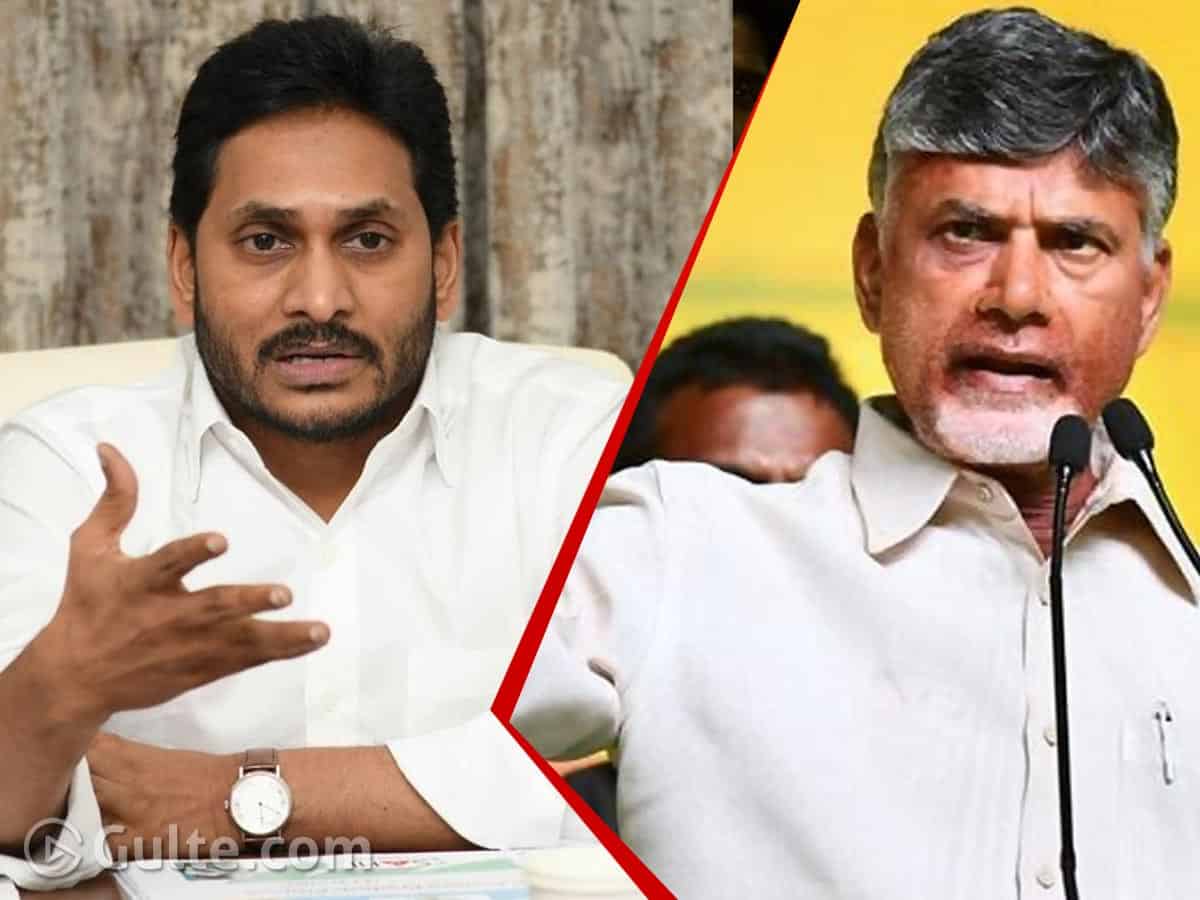
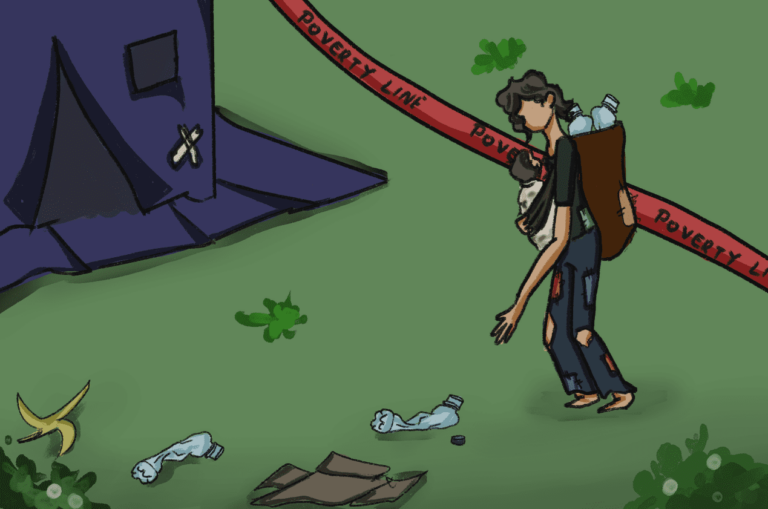
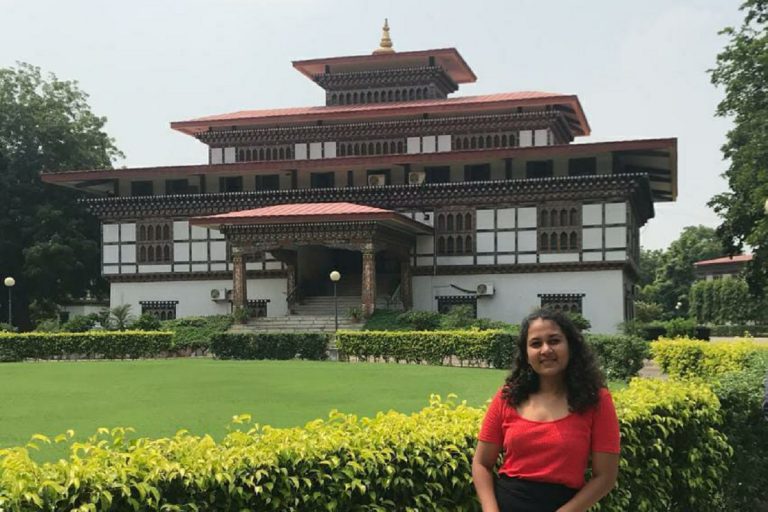
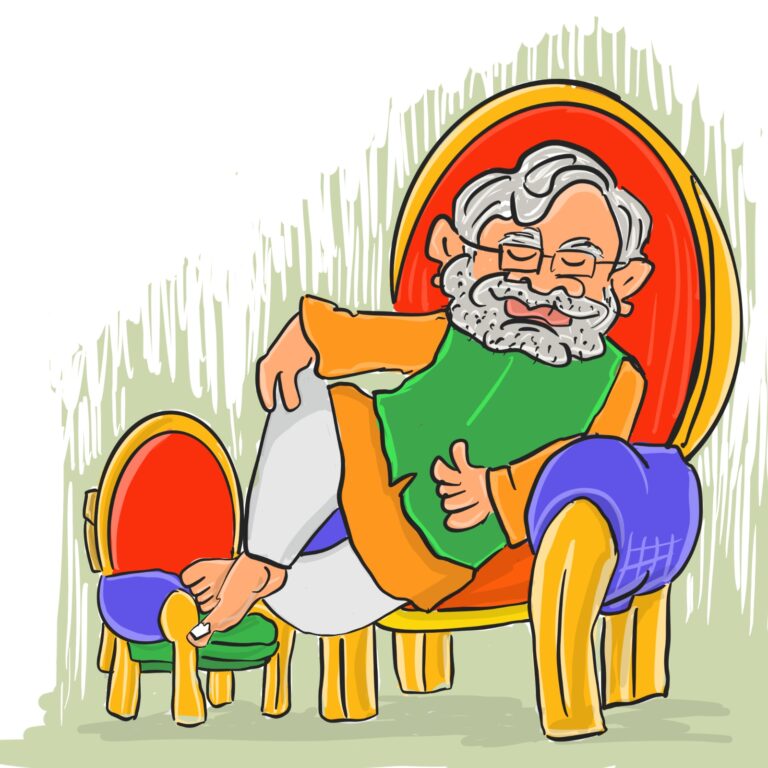

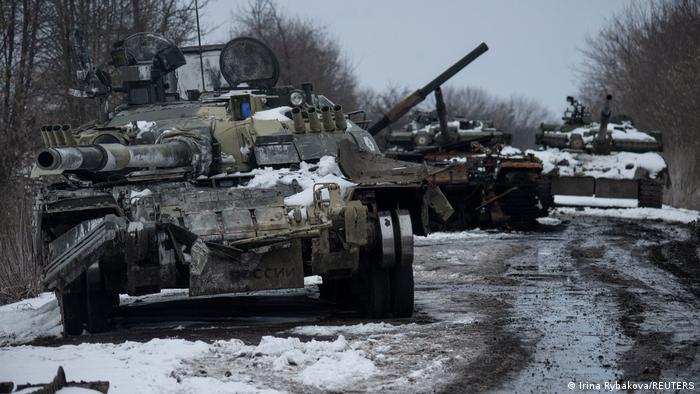
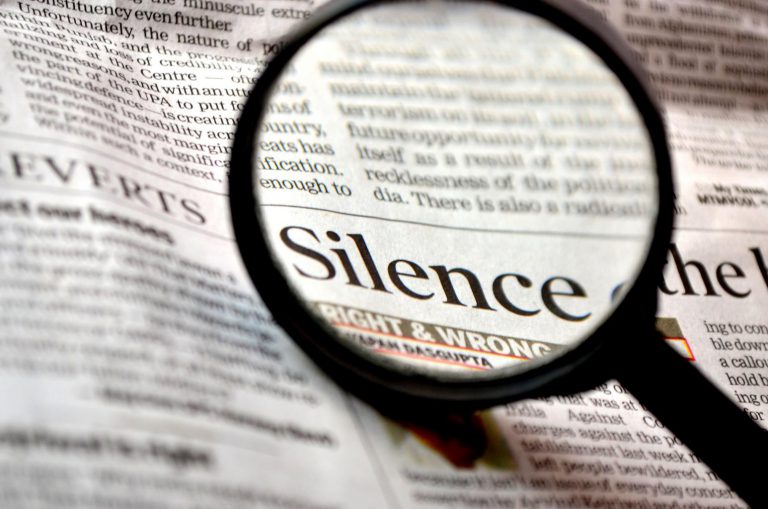
I liked the way you expressed your views and also framing sentences well.